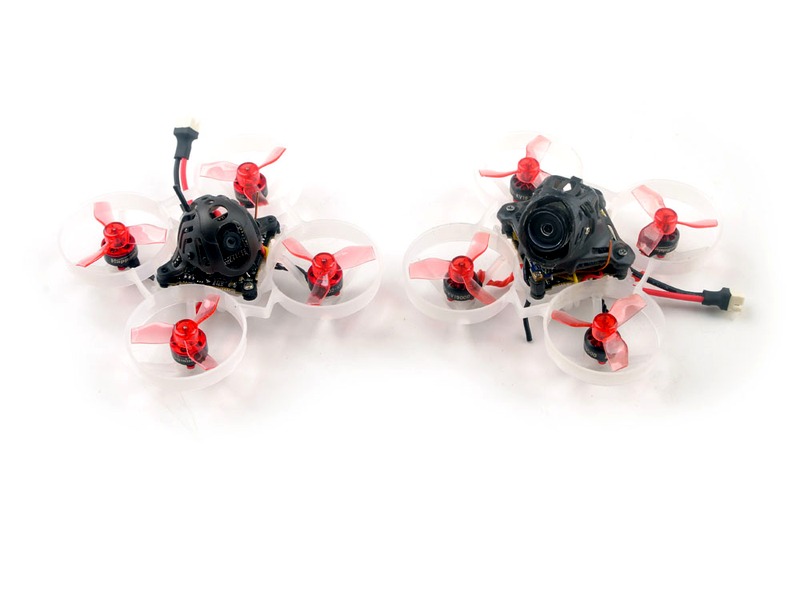Is drone a good career?

Although drone technology is relatively new, it’s quickly becoming an exciting and sought-after career path. With the increasing use of drones in multiple industries, the demand for qualified and skilled pilots is growing. Becoming a drone pilot can be an extremely rewarding career, offering interesting and lucrative opportunities in a range of different sectors.
One of the most attractive aspects about drones is that they’re relatively inexpensive to purchase and maintain. This makes drone piloting a relatively affordable career path to pursue. Additionally, becoming a drone pilot requires minimal training and certification, as compared to some other higher-level aviation roles. This makes it a great option for people who are just starting out in their careers, or those who have limited experience and resources.
The range of potential applications for drones is vast. In military applications, drones are used for surveillance, reconnaissance and even attack purposes. In the commercial world, drones are being used for a wide variety of tasks, including photography, mapping, search and rescue, and firefighting. Drone pilots are becoming increasingly sought after in these industries as they provide an efficient, cost-effective solution to many tasks.
In addition, the increasing popularity of drones has created a range of other opportunities for drone pilots. Companies such as Amazon and Google are now experimenting with package delivery via drones, which could create a high demand for experienced drone pilots in the future. Furthermore, some companies are beginning to use drones for advertising and marketing, presenting potential job opportunities for drone pilots.
For those considering a career in drone piloting, there are a few key considerations. Firstly, a good degree of technological understanding is required, as drone pilots need to know how to operate the aircraft, configure and maintain them, and understand the rules and regulations governing their use. Additionally, a good level of coordination and spatial awareness is necessary, as well as keen eyesight, as many drone operations take place in difficult environments.
In conclusion, a career as a drone pilot can be very rewarding and provides many exciting opportunities to explore. There is a wide range of applications for drones, and with the continuing growth of the industry, there will be even more opportunities to come. With some basic training and technological understanding, anyone can become a successful drone pilot.
Comments / Question
2. Join drone-related forums and discussion groups. There are many online forums and discussion groups devoted to drone technology. Joining one of these groups can help you stay up-to-date with the latest developments in the industry.
3. Attend drone conferences and events. Many conferences and events related to drone technology are held throughout the year. Attending these events can help you stay informed about the latest trends and developments in the industry.
4. Follow drone companies on social media. Many of the leading drone companies have active social media accounts. Following these accounts can help you stay up-to-date with the latest news and developments in the industry.
2. Drone Photographer/Videographer: Drone photography and videography is becoming increasingly popular for capturing stunning aerial footage. Drone photographers and videographers are in demand to create stunning visuals for a variety of applications.
3. Drone Technician: Drone technicians are responsible for maintaining and repairing drones, ensuring that they are in top condition for use.
4. Drone Data Analyst: Drone data analysts are responsible for analyzing the data collected by drones, such as images and videos, to identify patterns and trends.
5. Drone Programmer: Drone programmers are responsible for designing and developing software that can be used to control and monitor drones.
6. Drone Engineer: Drone engineers are responsible for designing, building, and testing drones. They work closely with other engineering teams to ensure that the drones are meeting their specifications.
• Drones offer a great deal of flexibility in terms of where and how they can be used, from delivering packages to taking aerial photographs.
• Drones can provide an efficient and cost-effective way of gathering data.
• Drone technology is relatively new and provides a wide range of opportunities for development and innovation.
• Drones can be used for a wide range of applications in a variety of industries, making it a versatile field of work.
Disadvantages:
• There is a potential for privacy issues and safety concerns as drones can be used to obtain confidential information.
• Regulation is still evolving in some areas and can be complex to navigate.
• Piloting drones requires a degree of skill and experience, and may require additional qualifications.
• Drone technology can be expensive to develop and maintain.

